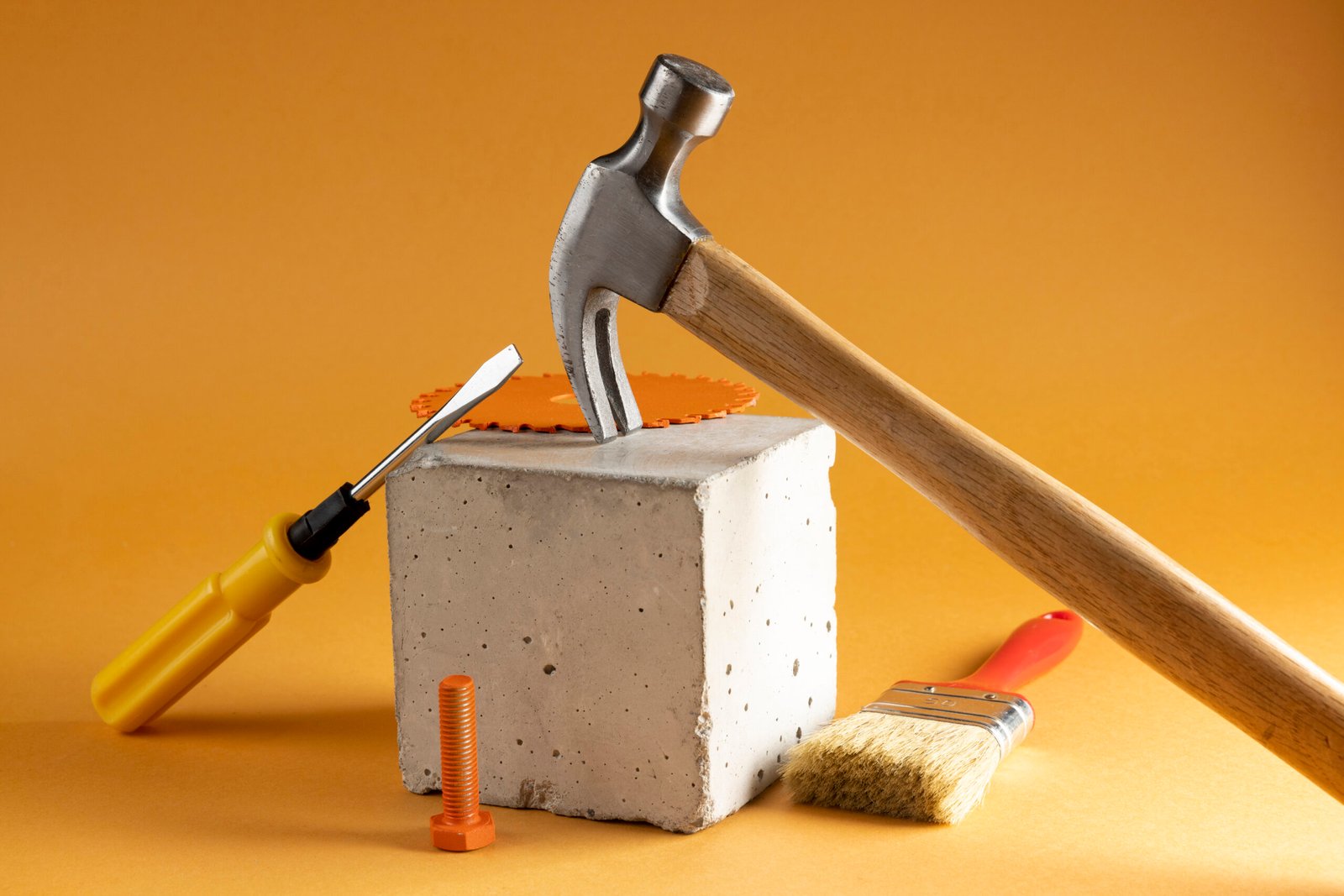When it comes to construction, the foundation of every successful project lies in the quality of materials used. Quality materials not only ensure durability but also contribute to the safety and longevity of the structure. Here’s a comprehensive look at why they matter and how to choose the right ones:
Why Quality Materials Matter
- Durability: High-quality materials are more resistant to wear and tear, ensuring your structure lasts for decades. They withstand harsh weather conditions, including extreme heat, cold, and heavy rainfall.
- Safety: Inferior materials can compromise the safety of buildings, leading to structural failures, accidents, or even collapses. Using robust materials minimizes these risks, safeguarding lives and investments.
- Cost-Effectiveness: While quality materials may have a higher initial cost, they save money in the long run by reducing maintenance, repair, and replacement expenses. This makes them a wise financial choice.
- Aesthetics: Premium materials provide better finishes, enhancing the overall visual appeal of a structure. Whether it’s a polished marble floor or a well-finished wooden beam, quality materials stand out.
- Environmental Benefits: Many quality materials are eco-friendly and contribute to sustainable construction practices. Materials like recycled steel, bamboo, and low-VOC paints reduce environmental impact.
Tips for Choosing Quality Materials
- Research Vendors: Look for trusted suppliers with good reviews and certifications. Check for compliance with local and international quality standards.
- Test the Materials: Always check for strength, composition, and durability. Conduct on-site tests, such as compressive strength tests for concrete.
- Consult Experts: Architects and engineers can guide you on the best materials for your project. Their expertise ensures the right choices are made.
- Balance Cost and Quality: Opt for materials that offer the best value for money. Avoid overly cheap materials, as they may be substandard.
- Prioritize Sustainability: Choose eco-friendly materials that align with green building practices.
Examples of High-Quality Materials
- Concrete: Reinforced concrete offers unmatched strength and longevity.
- Steel: High-grade steel provides structural integrity.
- Wood: Treated hardwood is durable and visually appealing.
- Glass: Tempered glass is safer and more durable than regular glass.
- Tiles: Porcelain and ceramic tiles are long-lasting and easy to maintain.
Investing in quality materials today will save you money, time, and headaches in the future. Remember, strong materials make strong structures that stand the test of time.


